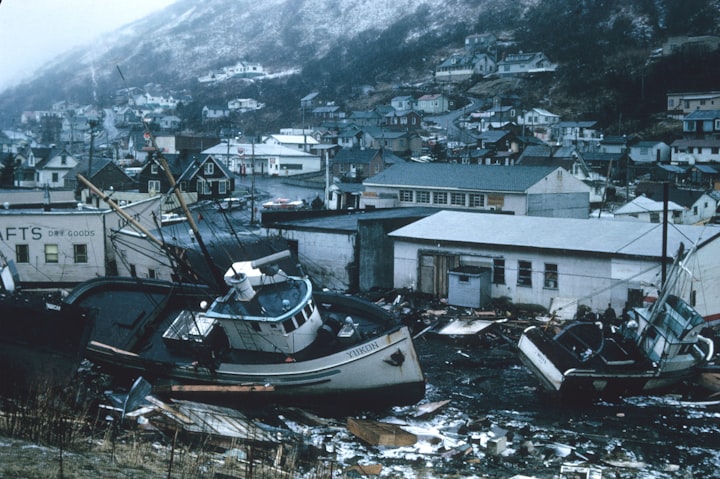Survival food
Your emergency preparedness
The term “survival food” is actually really generic. What are we talking about surviving through?
Is the survival food supposed to get us through a 3 day blizzard?
Or how about a month-long power outage?
Or what if there is a disaster that causes us to flee from our homes and Bug Out in the wilderness?
Each of these situations is going to require different types of survival foods.
Short-term disaster are the most common types of disasters that we come up against. They include situations like blizzards where you are trapped in your home and unable to go grocery shopping. They also include short-term power outages.
You won’t need a lot of survival food for these situations, especially because you will be able to eat through your regular food supply
Long-term disaster are situations that hopefully will never occur, but you will want to be prepared for them in case they do. For example, if there is an EMP attack or nuclear disaster, we might be forced to hunker down in our homes (bug in) for over a month.
In these situations, our survival food requirements will drastically change. You need foods that:
Provide you with optimal nutrition.
Can be cooked/prepared with very little fuel and water.
Won’t be damaged easily (for example, nothing in glass jars).
Are compact so can be stored easily.
Have minimal packaging so your location doesn’t get littered with trash.
Don’t all taste the same so you come down with food fatigue.
Get the lost survival food knowledge here
Surviving through calamities requires preparedness, resilience, and resourcefulness. Here are some tips that may help you survive through the worst calamities:
Stay informed: Stay up-to-date on the latest information about the calamity and follow the advice of local authorities.
Have an emergency kit: Prepare an emergency kit that includes food, water, first aid supplies, and other essential items that may help you survive through the calamity.
Plan an evacuation route: Identify the safest and quickest evacuation route in case you need to evacuate your home.
Secure your property: Take steps to secure your property, such as boarding up windows, securing loose objects, and turning off gas and electricity.
Stay connected: Keep your phone charged and have backup batteries or a portable charger. Make sure you have a way to communicate with loved ones and emergency services.
Be mentally prepared: Calamities can be traumatic, so it's essential to prepare mentally. Talk to loved ones, have a support system, and practice self-care.
Help others: In times of calamity, helping others can make a significant difference. Check on your neighbors, offer assistance where you can, and donate to charities helping those affected.
Remember that surviving through calamities requires preparation, patience, and resilience. By taking these steps, you can increase your chances of survival and keep yourself and your loved ones safe.
If you have lost your survival food knowledge, here are some tips to help you:
Identify long-lasting food items: Look for food items that have a long shelf life, such as canned foods, dried fruits, and nuts. These foods can last for several months or even years and can provide you with essential nutrients during an emergency.
Learn basic cooking skills: Knowing how to cook basic meals can help you make the most of the food you have. Learn simple cooking techniques like boiling, frying, and baking, and practice making simple meals with the ingredients you have on hand.
Consider food storage options: Consider investing in airtight containers or vacuum-sealed bags to store your food. This can help keep your food fresh for longer and prevent spoilage.
Don't forget about water: Water is essential for survival, so make sure you have a supply of clean drinking water. Store water in clean containers, and consider investing in a water filter or purification tablets.
Plan ahead: Make a list of the food items you need for your survival kit and stock up on these items before an emergency. Having a plan in place can help you stay prepared and avoid food shortages.
Get creative: If you have limited food options, get creative with your meals. Mix and match ingredients to create new dishes, and don't be afraid to experiment with different flavors and spices.
Remember that survival food knowledge is all about being prepared and resourceful. By following these tips, you can ensure that you have the food and skills you need to survive in an emergency situation.






Comments
Fairul Nizam is not accepting comments at the moment
Want to show your support? Send them a one-off tip.